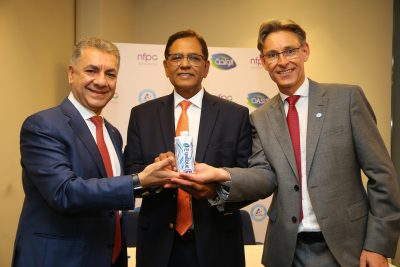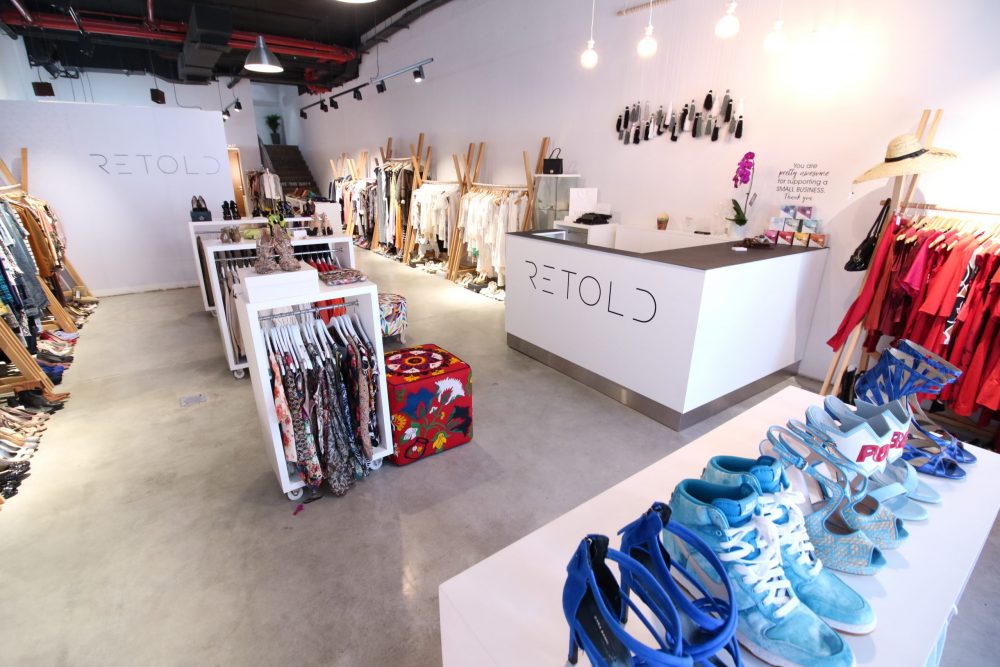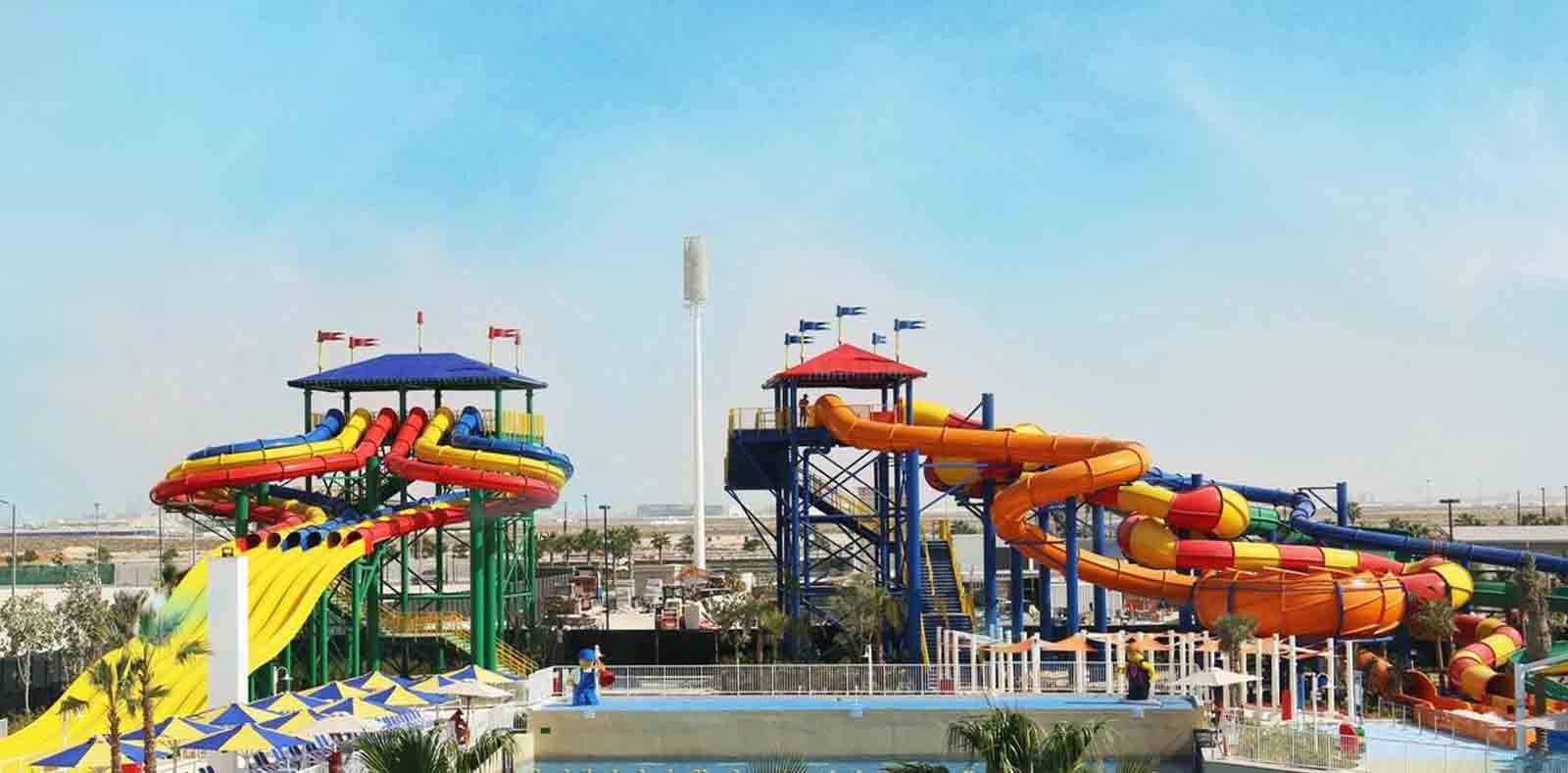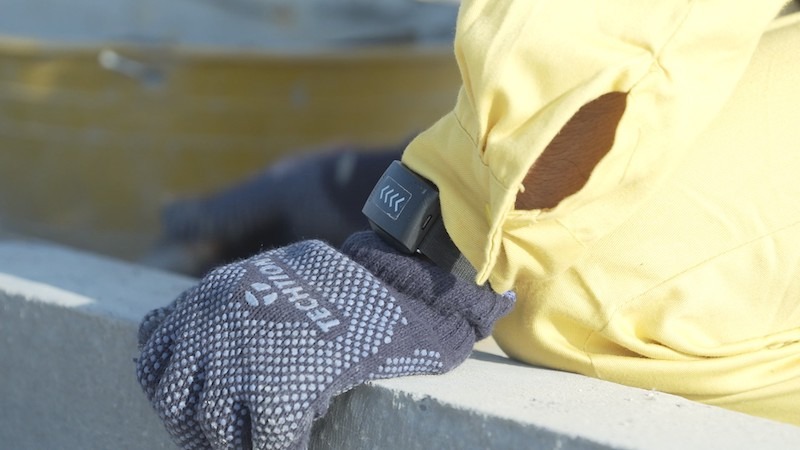Ecological Literacy For A Better Tomorrow
Education
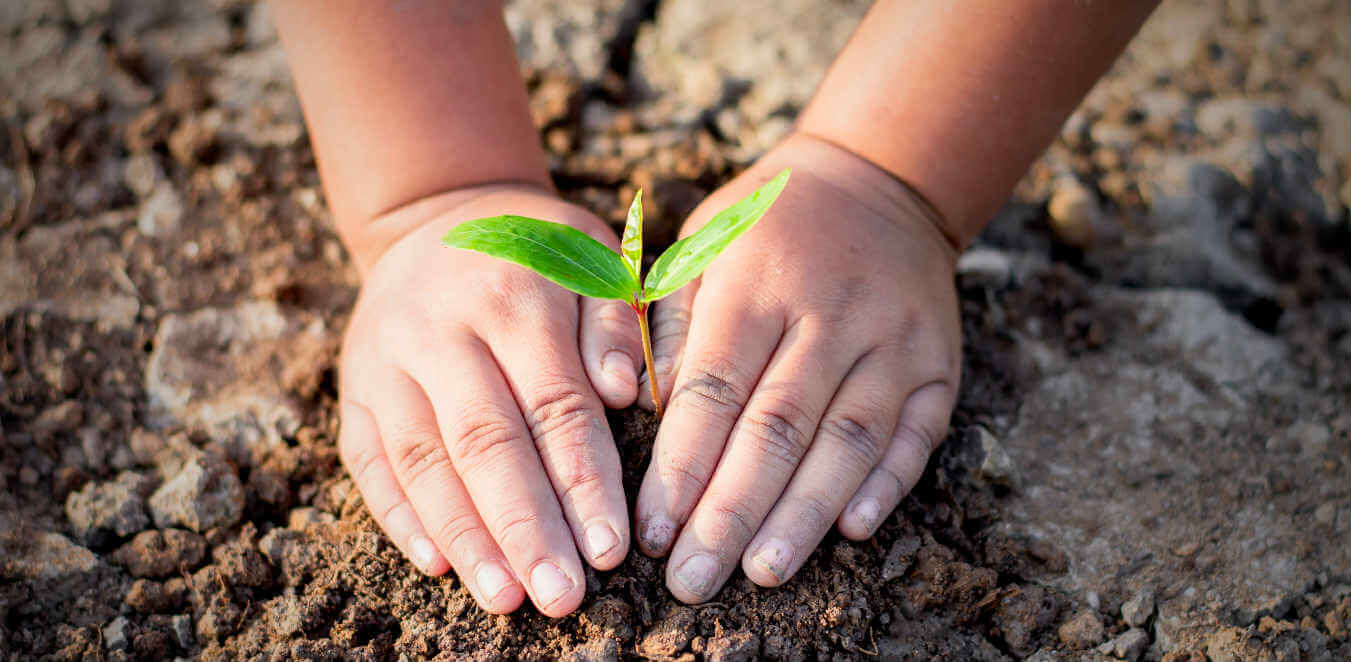
July 1, 2018, 12:04 pm
Our world stands at the point of change. All around us, there is an increasing need for humankind to recognise and enact solutions to the greatest issue of our age – learning to live sustainably on our planet.
From ocean plastics and waste disposal to global climate change and habitat loss, a paradigm shift is required. At the Arbor School, we believe that the youth of today stands at the vanguard of this movement. They are inheriting a situation of such complexity, that only an ecologically mindful education could arm them with the understanding, skills and motivation to tackle the challenges ahead.
At the heart of Arbor School lies a curriculum focused on creating ‘eco-literate’ students. Traditionally, literacy is the ability to read and write, to express oneself through the written word. Ecological literacy is an expansion of this view beyond books and paper to a world where we live, play and learn. By becoming ecologically literate, we learn not only to read the world, but also to integrate our innate love of the planet into our words and actions, in order to create a more beautiful, sustainable and just society.
At Arbor School, we accomplish this by employing experiential, place-based and project-based approaches to teaching and learning. This nurtures the curiosity, creativity, compassion, and courage our students will need to address the ecological issues they are inheriting.
Students also learn to recognise and understand how nature sustains life on earth, exploring ecological concepts like cycles, interdependence, resilience, and diversity through project-based learning. For example, they may examine how goods are produced and used throughout the world, asking, “Where does this stuff come from, where does it go, and is this the best way?” As students’ ecological knowledge develops, they become ever more curious, applying ecological concepts to better understand more complex issues.
Our three climate-controlled bio-domes and learning garden are ideal settings for creativity to blossom, with indoor and outdoor spaces dedicated to observation, play, and experimentation. Guided by wonder and curiosity, students practice thinking outside the box.
However, our school campus is just a starting place. Age appropriate field trips and adventures allow students to learn from the people, places, environment and cultures that make the UAE, and the larger world, a place worth caring about.
But thinking green is not enough. We must also help our students cultivate the skills, knowledge, and motivation to take action to create real change. This means encouraging students to ask tough questions and seek answers to the issues at the heart of sustainability and environmental justice, such as environmental health, resource equity and ecological wellbeing.
Eventually ecologically literate students, full of wonder and resolve, will walk forward with curiosity, creativity, compassion and courage paving a path to a better, sustainable tomorrow.
Photo Credit – www.thearborschooltest.nexatestwp.com/







